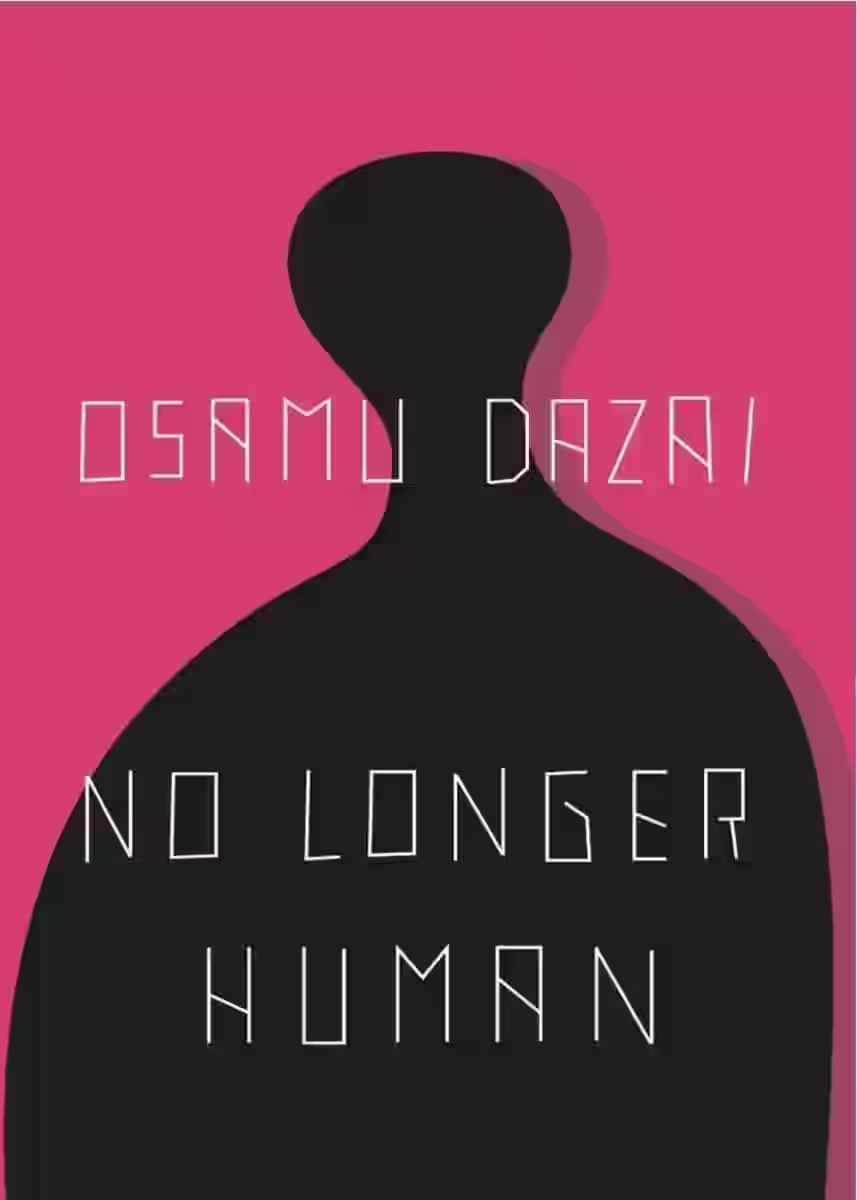Osamu Dazai
Osamu Dazai, born Shūji Tsushima on June 19, 1909, in Kanagi, Japan, emerged as one of the most poignant voices in 20th-century Japanese literature. Born into a wealthy family, Dazai's literary ambition was evident early, despite turbulent personal challenges that included addiction and multiple suicide attempts. His works often explore themes of alienation and self-destruction, mirroring his own tumultuous life. "No Longer Human" and "The Setting Sun" are perhaps his most notable contributions, reflecting post-war disillusionment and the struggle with identity. Dazai's raw, confessional style and exploration of existential despair left an indelible mark on Japanese literature, influencing successive generations of writers. His untimely death in 1948 conferred upon him a legacy as a tortured genius, securing his position as a perennial figure of intrigue and admiration in literary circles.

"No Longer Human" by Osamu Dazai is a profound exploration of alienation and identity, delving into the life of its protagonist, Ōba Yōzō. The novel takes the form of a confessional as Yōzō recounts his struggles with societal expectations and his own sense of worthlessness. Dazai's introspective style reveals Yōzō's descent into despair, providing a raw and unsettling portrait of a man who feels disconnected from the world. Themes of nihilism, mental illness, and the search for authenticity are intimately portrayed, making this work resonate deeply with readers who grapple with similar existential questions. "No Longer Human" is a poignant, haunting narrative that offers a mirror to the depths of human vulnerability and ultimately remains a timeless contribution to modern literature.